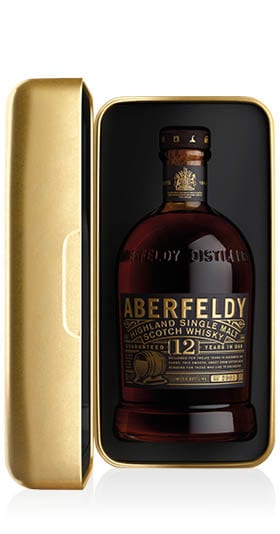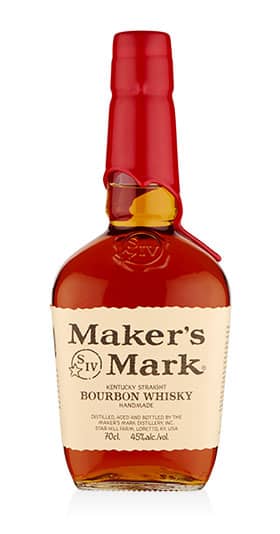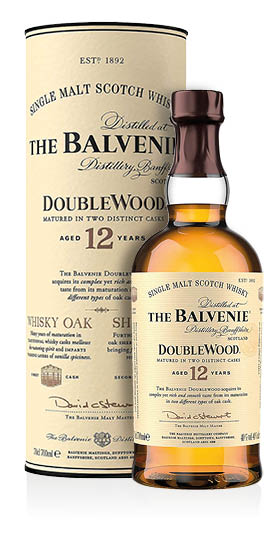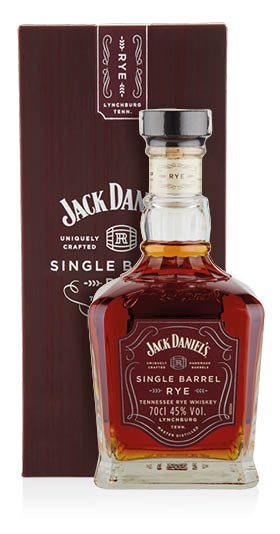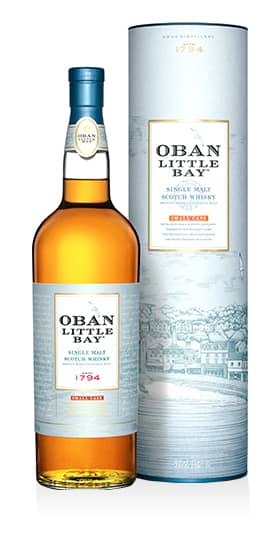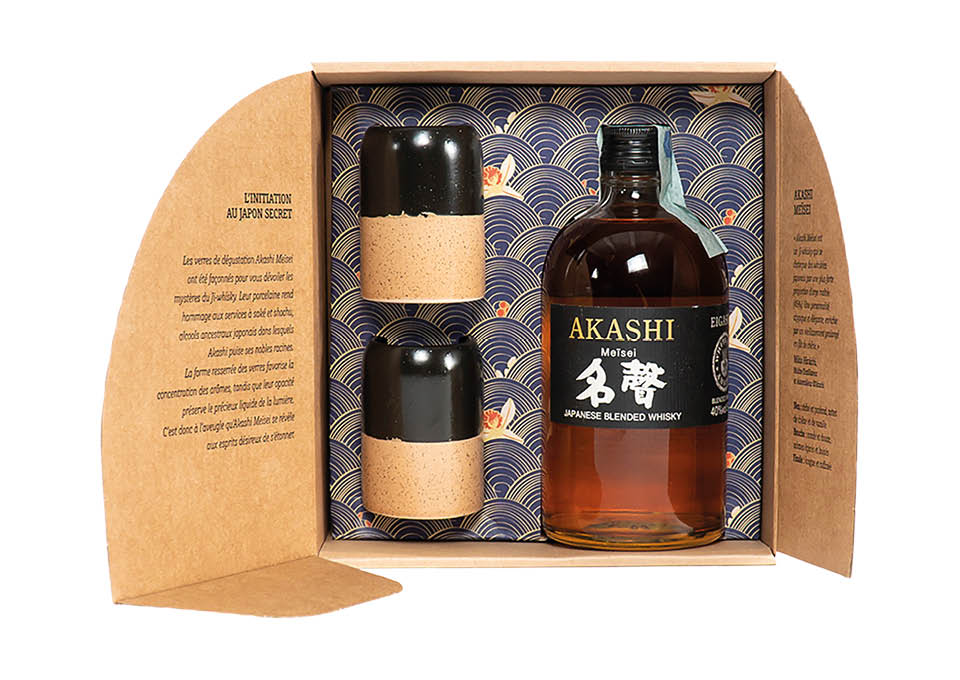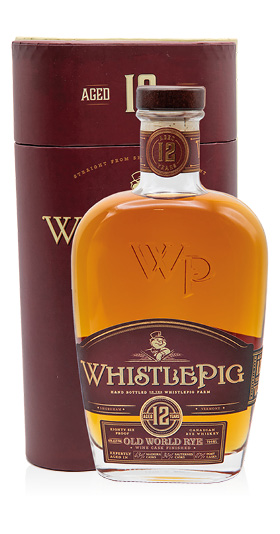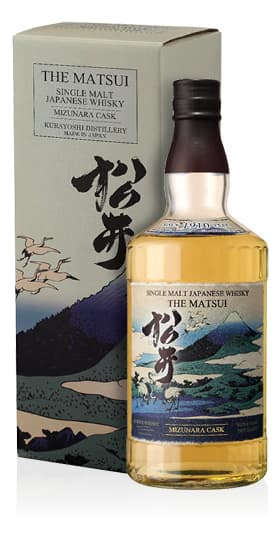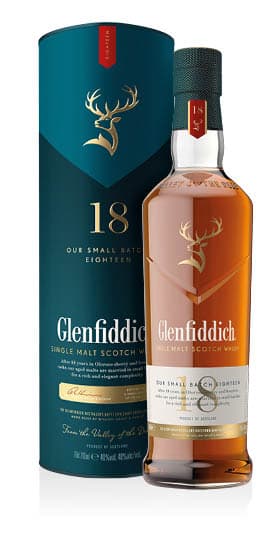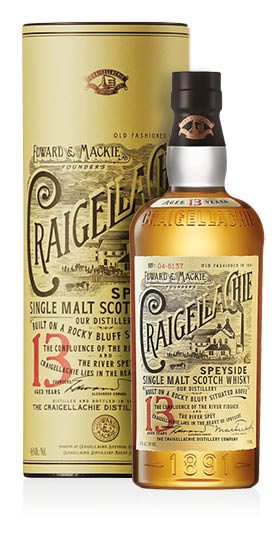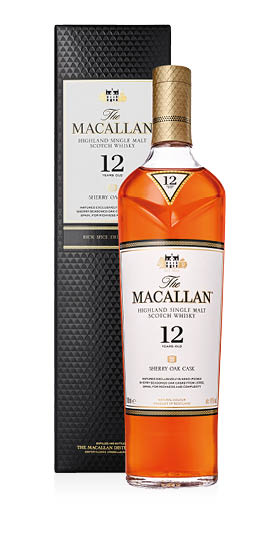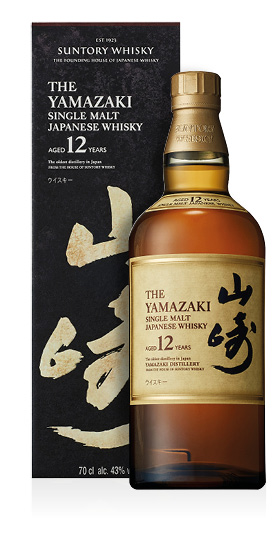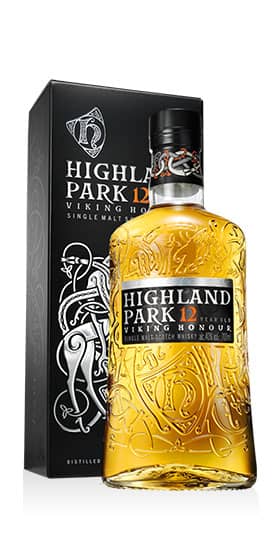Whiskey is the most noble of cereal spirits, which connoisseurs like to sip smoothly except for some who prefer to add a few drops of pure water.
The differences between one type and another lie both in the cereal used as barley, corn, rye, oats and wheat, and in factors such as the water used for mashing, the area and production techniques, the wood of the barrels , and the ways of aging.
The origins of this distillate have long been quarreled between Scots and Irish people, actually proving the fact that neither can affirm their primacy, it is the origin of the term itself: the name comes from the Gaelic " uisge beatha ”, translation of the Latin acqua vitae, which in the 18th century with the English pronunciation became usky and then whiskey.
PRODUCTION METHOD:
All the raw materials used for the production of this distillate are rich in starch and require a process whereby this is transformed into fermentable sugar. The Whiskey production method is divided into five main phases: malting, infusion, fermentation, distillation and maturation (or aging).
The malting process consists in macerating the mature and dry barley grains in tanks of water for about 3 days. Once the excess water has been eliminated, the barley will be placed on large ventilated surfaces and turned over several times, depending on the distillery, or with mechanical systems or by hand with the help of shovels. In this way the beans sprout and the starch, thanks to the action of the enzymes, turns into maltose. The budding is blocked with hot air obtained by burning peat, which will give the distillate the typical smoked aroma.
Once the beans are dried, they are milled, obtaining a sort of flour which, together with hot water (around 70 °), will be infused in the special vats called "underback", where the mixture will be mixed until the complete extraction of the sugars soluble.
The malt must ("wort") is cooled and transferred to large tanks ("washback") where the addition of yeasts starts the fermentation process in which the sugars are transformed into alcohol.
At the end of the fermentation a liquid with low alcohol content is formed, the "wash" which will undergo the distillation process. For malt Whiskeys, double distillation in copper stills, pot stills, is expected. These with the peculiar shape they present also influence the character of the Whiskey and for this reason many distilleries tend to maintain and use their original stills over the years. In the largest said wash still, the first distillation takes place and the result will be a liquid with about 20-24% alcohol, the low wine, which, in the second distillation, carried out in a smaller still, the low wine still. In this process, the skill of the distiller is fundamental as he himself will have to supervise the distillate. Another distillation method is that carried out for cereal Whiskeys: in this case we speak of continuous distillation and takes place in a rectification column, coffey still. The column is continuously powered.
At the end of the second distillation, the alcoholic degree is reduced with water and the maturation process begins, i.e. aging takes place in oak barrels often used for the rest of Sherry, Port, other Whiskey or Bourbon, which donate therefore greater aromaticity to the final result.
The most significant types are Whiskey obtained exclusively from malt obtained from barley from which the most famous and significant type is obtained is Whiskey Single Malt ; that obtained from other cereals and in particular from corn and oats is the Grain Whiskey , less complex and structured than the first, both for the raw material used and also for the production method and is often used for blended; the so-called blended Whiskey is, therefore, the result obtained by the mixture of distillates of different cereals.
PRODUCTION AREAS
The term Whiskey is used to indicate those distilled in Scotland and Canada, in fact, the distillates in Ireland and the United States are Whiskey . Whiskey in all its forms and spellings evokes Scottish moors, green expanses of Irish meadows and long roads with Gaelic indications, but this distillate is also produced in other countries, including the United States, Canada, Alaska and Japan. The most famous, however, is certainly the one produced in Scotland, to which, international agreements, have reserved the use of the term Scotch Whiskey . The production of Japanese whiskey is inspired by the Scottish one, in the United States the particular Bourbon is produced from malt and Rye Whiskey from rye, in Canada, on the other hand, the production focuses on blended rye and other cereals.
In Scotland , the world of Whiskey is expressed in all its forms and each typology has its own peculiarities. In general, Scottish Whiskey is characterized by the sweetness of the malt and the dry aromaticity of the peat. To this more or less intense smoky scent is added also that given by barrel aging. Each production area, however, strongly influences the particular characteristics of the Whiskey: on the island of Islay the result is a distilled with iodine and brackish notes, dry and pungent; also those of Campbeltown have salty hints and are instead softer, more delicate, almost devoid of the typical peaty notes, in the Lowlands. The Highlands offer a great panorama of Whiskey production which, as the crow flies, are more complex and full-bodied, enveloping and characterized by a lovely smoky scent, at times very accentuated by the Sherry that had rested in the aging barrels. In the Islands area, very smoked and peaty whiskeys are born, characterized by unmistakable iodine and brackish notes, while in Speyside softer and sweeter whiskeys are produced. Scotch Whiskey (denomination allowed only for Whiskeys produced in Scotland and with precise characteristics) requires a barrel passage of at least three years before being bottled even if the best Scottish admirers claim that the ideal period of aging is between 10 and 12 years or even 15 years, even decades.
In Ireland , the distillate is Whiskey not Whiskey, made from malted and unmalted barley, with possible percentages of other cereals. For Irish whiskeys, peat is not used. This is because we prefer to keep the aromas of barley, the softness of malt and the aromas obtained in barrel fermentation more active. In Ireland, the distillate is generally obtained with a continuous distillation or with a triple distillation for a cleaner and alcohol-rich product.
In the United States, the distillate spread thanks to European emigrants who brought fermentation and distillation techniques to the time of the discovery of America. The great classics are: Rye Whiskey, obtained from at least 51% rye with aging in new charred oak barrels; Corn Whiskey obtained, instead from 81% of corn; Bourbon is produced from a mixture consisting of at least 51% of corn and takes the name of the County of Kentucky, if aged in the homonymous state, or Tennesse Whiskey, if, in addition to being produced in the homonymous state, it was filtered in maple charcoal.
Canadian Whiskeys are mainly obtained from rye and small parts of corn and other cereals, with the addition of neutral alcohol which lightens the final taste. Canadian Whiskey must also stand by law, at least three years in small or medium-sized wooden barrels previously used to rest liqueur wines, a factor which accentuates the typical sweet hint of vanilla.
Despite the similarity to the Scottish distillate both in production techniques and in the raw materials used, Japanese Whiskey has a more nuanced and delicate aroma and aroma, which leaves room for that of malt.


